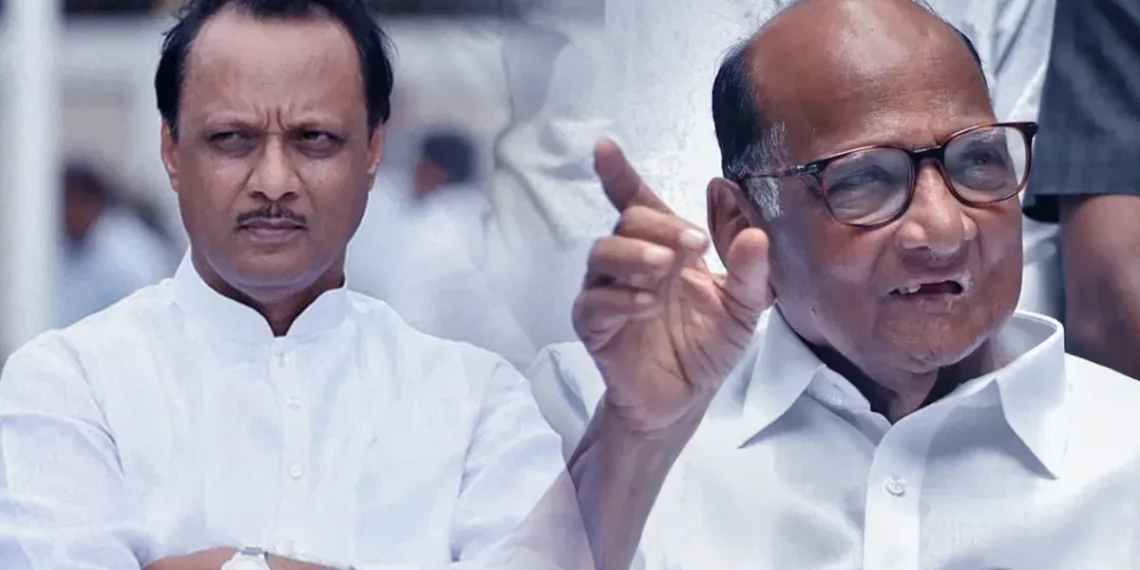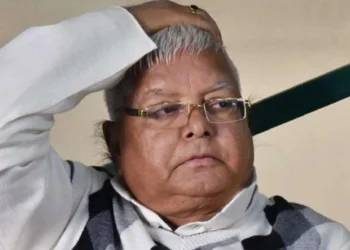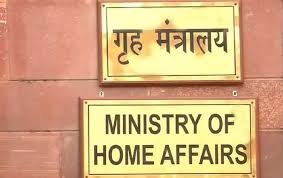In a stunning reversal of fortune, Sharad Pawar’s NCP faction has slumped to its worst-ever performance in Maharashtra’s Assembly elections, securing just 13 seats. The blow is compounded by his nephew Ajit Pawar’s faction leading in 39 seats, intensifying the family feud and raising questions about the future of Pawar’s political legacy.
By PC Bureau
One of Indian politics’ most iconic figures, Sharad Pawar, has seen many battles in his nearly six-decade-long career, but none as humbling as this. With his faction of the NCP leading in only 13 of Maharashtra’s 288 Assembly seats—a strike rate of 14.94%—Pawar finds himself grappling with the worst electoral performance of his career. This bruising loss comes just six months after his faction posted an 80% strike rate in the Lok Sabha elections, a dramatic reversal that has left many stunned.
What stings even more is the growing chasm within his own family. Ajit Pawar, his nephew and rival, leads a faction that is set to emerge victorious in 39 seats, decisively outpacing the veteran leader in what has been a bitter and highly publicized political duel. For Sharad Pawar, this marks a sharp fall from grace. Just months ago, he had won the Lok Sabha contest against Ajit’s faction, claiming legitimacy as the “real” NCP despite losing the party’s name and symbol.
The 2019 Maharashtra Assembly elections saw the undivided NCP claim 54 seats, outperforming its ally Congress. Today, Sharad Pawar’s faction is staring at its lowest-ever seat count among Maharashtra’s major parties, trailing not just Congress but also Uddhav Thackeray’s weakened Shiv Sena.
This defeat casts a long shadow over a career marked by extraordinary achievements. At 38, Pawar became Maharashtra’s youngest Chief Minister in 1978. He has since held key portfolios in the Union Cabinet, including agriculture and defense, and famously came within striking distance of becoming Prime Minister in 1991. Expelled from Congress in 1999 over his objection to Sonia Gandhi’s foreign origins, Pawar founded the NCP, carving out a significant role in Maharashtra’s political landscape and forging alliances that shaped national and state politics.
Known for his strategic acumen and ability to build coalitions across ideological lines, Pawar was instrumental in creating the Maha Vikas Aghadi in 2019, an improbable alliance of Congress, NCP, and Shiv Sena. While many doubted its longevity, the coalition not only governed Maharashtra but remained united even through successive splits in the Shiv Sena and NCP.
Yet, this election marks a crossroads for Pawar. Earlier this month, he hinted at retiring from electoral politics, telling constituents in Baramati, his long-held stronghold, “I am not in power… and my tenure in the Rajya Sabha has one-and-a-half years left. After that, I will not contest any election in the future. I will have to stop somewhere.”
As the dust settles, the question remains: Is this defeat a temporary setback for the octogenarian leader, or does it mark the twilight of an illustrious career? Either way, Maharashtra politics may never be the same again.














